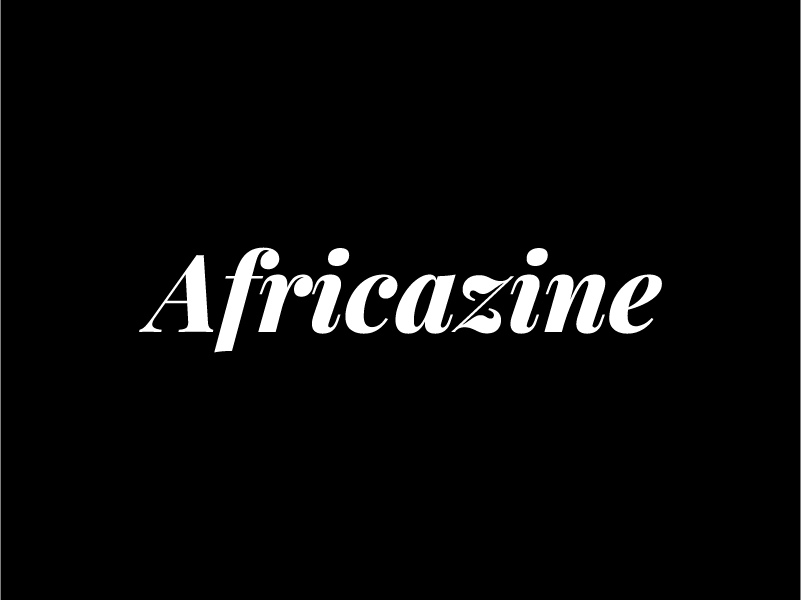Concerns Arise Over EU Funding for Chinese Company in North African Infrastructure Project
In a noteworthy development, the European Union is facing scrutiny regarding the use of its funds in international projects, particularly after the award of a significant contract for the construction of the Bizerte bridge in Tunisia. The contract, valued at EUR 200 million, has been assigned to the Sichuan Road and Bridge Group, a Chinese enterprise. The European Investment Bank is notably providing substantial financial backing, amounting to EUR 123 million.
This situation has sparked pertinent questions among EU officials, including Jordan Bardella, a member of the European Parliament. He has raised critical concerns about whether the allocation of public funds—including those sourced from the EU—should prioritize local European companies over international bidders, especially in an era where China is actively expanding its influence in North Africa through initiatives like the New Silk Roads.
Observers are keen to understand what measures the EU Commission is implementing to ensure that funding remains beneficial to European companies and aligns with the broader aim of fostering European economic growth. Here are some of the pressing inquiries raised:
1. Control Mechanisms: What has the Commission established to ensure that EU funds are primarily allocated to European firms for international projects?
2. Transparency Measures: What processes are being put in place to enhance transparency in the awarding of contracts financed by EU funds abroad?
3. Mediterranean Cooperation: How does the Commission plan to bolster cooperation within the Mediterranean region while simultaneously ensuring that European companies have a competitive edge in future EU-funded projects in third countries?
These inquiries not only underscore the importance of accountability in the management of public funds but also reflect a growing desire among European stakeholders to ensure economic opportunities for local businesses, especially in regions where competition from global players is intensifying.
As Tunisia continues to develop its infrastructure with international partnerships, it is crucial for both European and local stakeholders to navigate the complex landscape of global investment carefully. The implications of these contracts extend beyond mere financial assistance; they also shape the economic dynamism of the region and the relationships between countries involved.
With the evolving geopolitical landscape, understanding how such decisions impact Algeria, Tunisia, and other North African countries will be vital. It remains to be seen how these dynamics will play out as the European Union recalibrates its strategy in the face of increasing competition from powerful non-European entities.
For further updates and insights on this story, stay tuned to Africazine.
—
Tags:
#WorldNews #Politics #BusinessNews #Tourism #NorthAfrica



